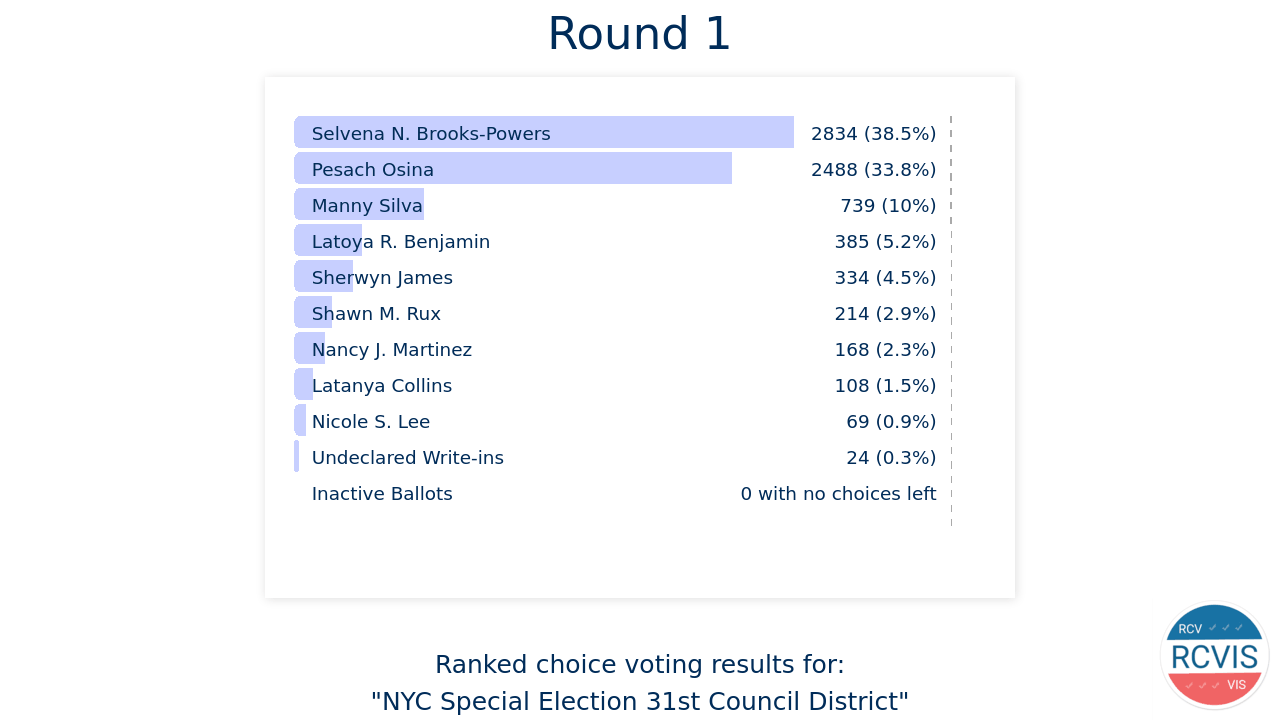More Equitable Democracy
In a democracy, everyone should have the freedom of self-determination and true representation at every level of government—no matter your race, where you live, or where your family comes from. For generations, poor and working class communities have come together across differences to demand that we live up the fundamental promise of “Life, Liberty and the pursuit of Happiness” for all people. It is that same animating force that drove Civil Rights leaders over the years and campaigns all around the country today to demand that our government represent all of us.
Government for Whom?
In a true democracy, representatives are supposed to reflect the interests of their diverse electorate. However, in Western New York, the concentration of power in the hands of a few elites—whether political leaders, wealthy developers, or corporate entities—has led to a significant imbalance of power. Like communities across the country, in WNY the ruling class shapes the political system to preserve their own power and wealth, entrenching and deepening inequality. Elites with greater access to political influence in WNY, through campaign contributions, lobbying, or close connections with policymakers, create a feedback loop where the wealthy and powerful have a louder voice in government decisions, while marginalized voices are excluded. This can been seen in Erie County and Buffalo elected officials' long history of favoring policies benefiting powerful real estate developers and corporate interests, prioritizing projects like luxury housing and the militarization of our police force, while failing to address pressing social issues such as poverty, affordable housing, healthcare access, and education. These policies have left marginalized communities struggling, making the government increasingly unresponsive to residents' needs.

Moving from “Who we Choose” to “How we Choose”
Our local government is not working for the people. The public has become disillusioned, feeling that our voices aren’t heard or valued. This inequity—where some groups hold disproportionate political power—has led to decreased civic participation, voter apathy, and an understandable lack of trust in the political system. The less engaged the populace becomes, the less responsive and accountable local governments feels it needs to be.
The rules have been rigged against us to deny our freedoms and our right to be adequately represented. Those who hold power have used their influnce to cause confusion and stir fear about any changes that challenge their hold on power. Throughout history, we have joined across race and place to fight for our freedom to vote and our freedom to be represented. We can have everything we need when we change our electoral systems to ensure proportional representation. Without electoral system reform, many U.S. communities, including our own, will continue to have a deliberately limited voice in government and our communities' needs will go unmet. We are coming together—across race, zip code, and background—to carry the torch of countless civil rights leaders and ensure every eligible American has the freedom to vote and to be represented.


